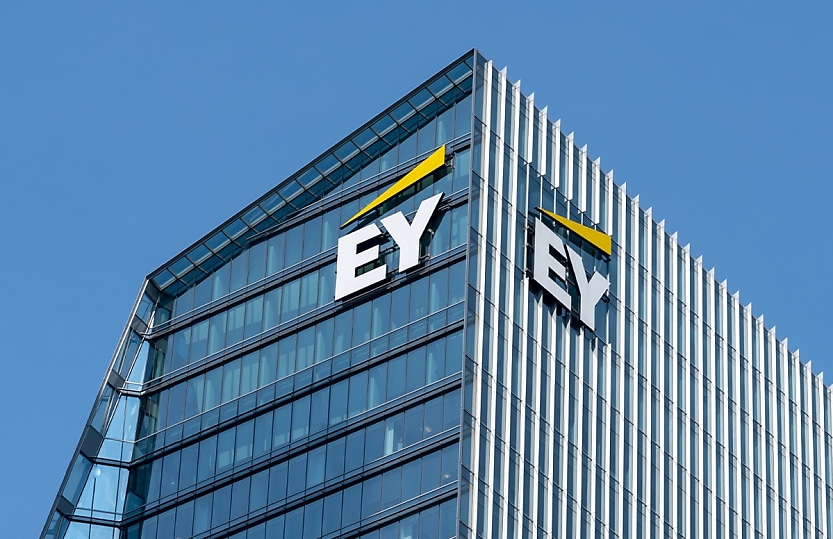Unpredictable tariff impacts trigger concern in global CEOs: EY

The recent tariff announcements and perceived impacts are contributing to an increased level of concern for global CEOs, a recent EY study has revealed.
EY has revealed 50 per cent of global CEOs are very or extremely concerned about tariff impact, and 44 per cent have begun exploring new supply chain options.
The big four firm noted that based on market volatility escalating due to changing trade and tariff policies, investment decisions were likely to be delayed and CEOs would have to take proactive steps to mitigate the impact and remain competitive.
The study, EY-Parthenon CEO Outlook Survey, evaluated the views and optimism levels of 1,200 business leaders from companies around the world.
According to the survey, 98 per cent of CEO respondents were concerned about tariff increases affecting their company’s operations and sales over the next 12 months, with 50 per cent being “very or extremely concerned”.
Andrea Guerzoni, EY-Parthenon global vice chair, said it was too early to tell what the impact of the tariff upheaval would have on M&A.
“CEOs and their executive teams are using a wide range of options available to retain competitive positions. History also tells us that pursuing deals early in crises can unlock value for strategically positioned companies,” he said.
“The most successful CEOs will embrace the paradox of uncertainty: planning carefully, acting decisively, and shaping their futures with confidence. By balancing agility with discipline, they position their companies to emerge stronger and more resilient.”
The results found that geopolitical and macroeconomic uncertainty was cited as the main risk in the way of achieving growth for 42 per cent of respondents, while 54 per cent noted they had a delayed planned investment as a result of this.
Despite the “extreme concern” reflected by CEOs, the survey found they were “responding proactively” by rethinking their global relationships, as 44 per cent of respondents said they were looking to adjust supply chain arrangements, 42 per cent were exploring product design innovations to reduce reliance on tariffed materials, and 39 per cent were relocating operational assets to a different geography.
EY said this was a complex issue for business leaders based on the fact that the most critical relationships were not always the closest or most locally significant.
It was also noted by the firm that the increased concern contrasted the “highly positive outlook” for M&A that was expressed prior to the tariff announcements.
Guerzoni said more than half of CEO respondents said their recent acquisitions met or exceeded value expectations, with only 2 per cent having reported value destruction.
“With clear strategy, disciplined execution, and strong leadership, M&A remains a powerful lever for long-term value – unlocking synergies, preserving competitive edge, and driving growth well beyond short-term financial returns. The value driving potential of M&A underpins the resilience of deal-making appetite even in times of uncertainty.”
In addition to tariff concerns and M&A sentiments, the survey also highlighted global CEOs’ view of AI and its deployment to date, which has shown implementation may slow in the turbulent year.
Thirty-six per cent of respondents said they planned to expand AI investments after positive results, and 25 per cent said they were scaling back or reconsidering AI investments following unclear and disappointing returns.
This may create pressure on AI deployments, as CEOs tried to balance a cautious response to the current volatility with an ongoing demand to accelerate AI adoption and to upskill and hire talent for specialised roles in AI, according to Guerzoni.
Inflation was also noted to likely influence a growing focus on cost management, as 71 per cent of respondents agreed that inflation continued to be a challenge and would be an issue they would continue to navigate.
“CEOs realise that this new world will be less stable than the previous one. Beyond efforts to mitigate the current instability, we may see CEOs being bolder in their transformation and transaction strategies in the face of a challenge,” Guerzoni said.
“The response to recent crises shows clearly that acting now, rather than hunkering down to wait until the storm has passed, will create greater chances of creating long-term value for all their stakeholders.”
About the author

